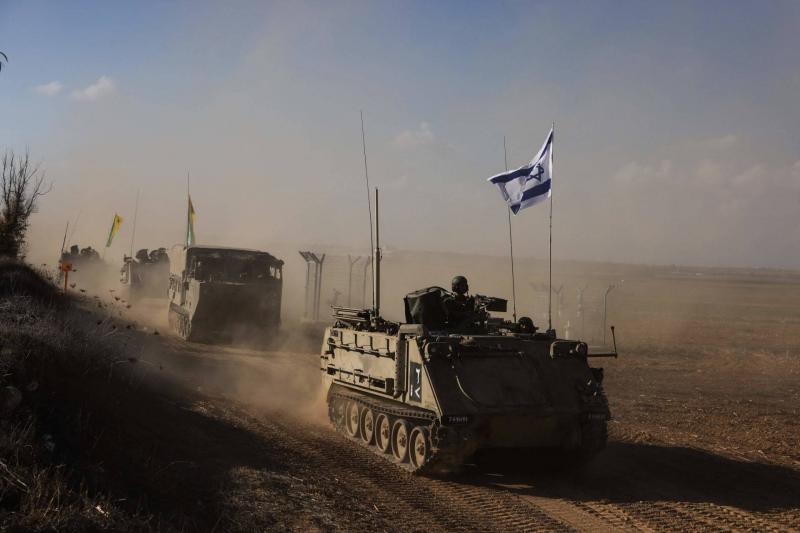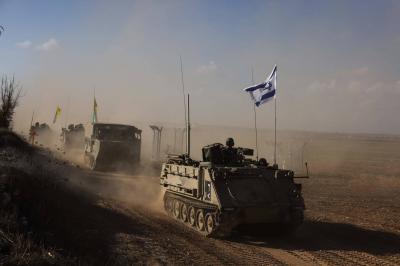In a serious escalation of events on the border between Egypt and the Gaza Strip, the Israeli army announced yesterday (Tuesday) its complete control over the Rafah crossing from the Palestinian side. This has been met with confirmations that Israel's actions constitute a blatant violation of international law, undermining the chances of reaching a truce agreement. Moreover, this is seen as a severe violation of the peace agreement signed between Egypt and Israel and its security appendices.
A senior Egyptian source confirmed that Israel was informed of the seriousness of the escalation and that Egypt is prepared to handle all scenarios, assuring that there is consensus among all parties to return to the negotiation track. However, why did Israel resort to escalation? Why did it decide to invade the crossing despite the imminent conclusion of an agreement?
To answer this question, Lieutenant General Mohamed Ibrahim Al-Dweiri, the former First Deputy of Egyptian Intelligence, told "Al Arabiya.net" and "Al Hadath.net" that the operation conducted by Hamas against a site near the Kerem Shalom crossing was a key factor in the deterioration of the situation and the complexity of ongoing negotiations in Cairo. This led to the closure of the crossing that delivers aid to Gaza. Furthermore, this situation prompted Israel to expedite its military operation in the eastern area of Rafah, eventually leading to the occupation of the crossing from the Palestinian side, which Egypt rejects in both form and substance.
He continued that, in light of these negative developments, Egypt has started taking intense action to contain the situation and resume negotiations to achieve a humanitarian truce, which has become essential to halt the humanitarian catastrophe facing Palestinians in Gaza. He emphasized that while no one can determine the timing for the end of this war, Egypt is making efforts and racing against time to engage all parties without exception to reach an agreement.
He stated that signing the agreement would lead to the achievement of a prisoner exchange deal, an increase in humanitarian aid, a permanent ceasefire, and reconstruction, ultimately leading to the resumption of the peace process. He praised the efforts of the Egyptian intelligence service, led by Minister Abbas Kamel, in this regard, confirming that it has achieved significant success despite unprecedented challenges and obstacles.
**Egypt's Condemnation**
The Egyptian Foreign Ministry condemned the Israeli military operations in the Palestinian city of Rafah, which resulted in Israeli control over the Palestinian side of the Rafah crossing. Egypt stated that this serious escalation threatens the lives of over a million Palestinians who rely on this crossing as the main lifeline for the Gaza Strip, serving as the safe outlet for the wounded and sick to receive treatment, as well as for humanitarian and relief aid to enter the Gaza Strip.
Egypt called on the Israeli side to exercise maximum restraint and to avoid a brinkmanship policy with long-term implications that could jeopardize the efforts being exerted to achieve a sustainable ceasefire within the Gaza Strip. Egypt urged all influential international parties to intervene and exert necessary pressure to defuse the current crisis and provide opportunities for diplomatic efforts to achieve the desired results.




